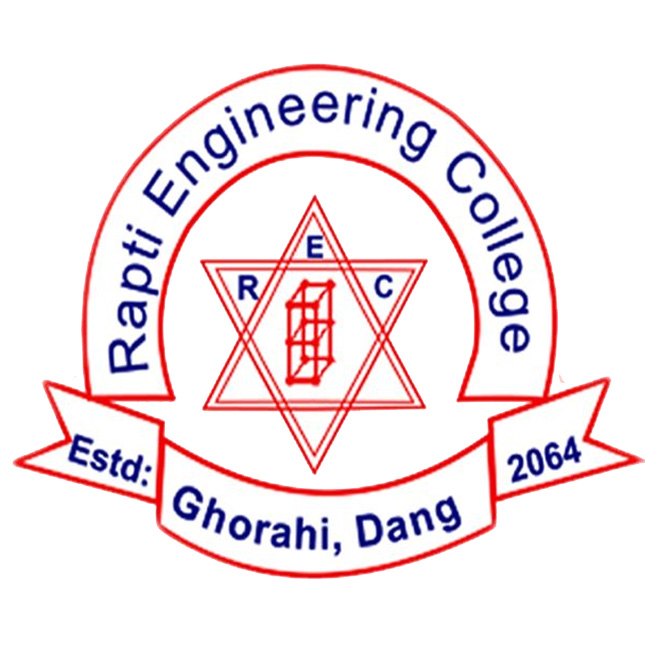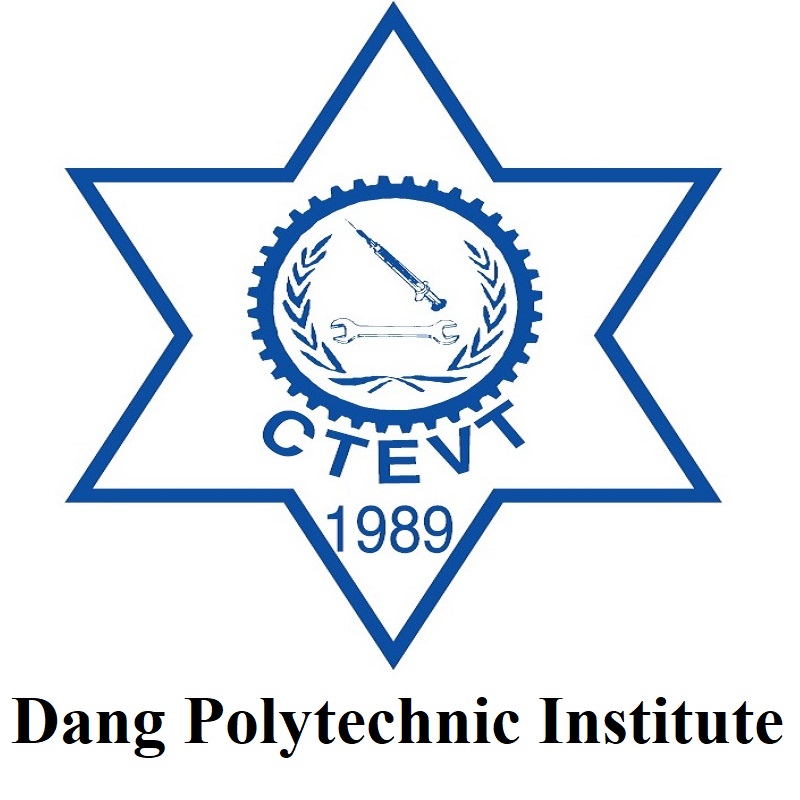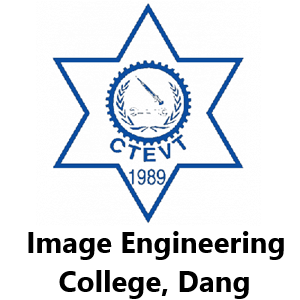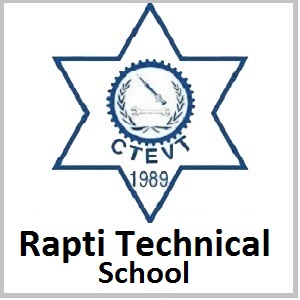Overview
Pre-Diploma in Electrical Engineering – Western Nepal College of Engineering and Management, Dang
The Pre-Diploma in Electrical Engineering at Western Nepal College of Engineering and Management (WNCEM) is a technical course developed for SEE graduates interested in the electrical field. Affiliated with CTEVT, the program runs for 18 months and includes academic instruction and field-based learning.
Located in Tulsipur, Dang, WNCEM has offered this program since its establishment in 2014 AD (2071 BS). The course intends to build a solid base in electrical practices and prepare students for wiring, installation, repair, and maintenance roles.
Curriculum Details
The curriculum follows the official CTEVT structure and includes practical training supported by basic theoretical knowledge. Key subject areas include:
-
Electrical wiring and installation
-
Domestic and commercial circuit design
-
Basic electronics and component testing
-
Electrical machines and their uses
-
Safety procedures and standards
-
Renewable energy basics (e.g., solar systems)
-
Engineering drawing and basic measurements
-
Communication and workplace behavior
Coursework is divided between classroom sessions, lab practice, and hands-on field tasks, making the learning process active and skill-focused.
Objectives
The primary objectives of this program are to:
-
Help students learn the core principles of electrical engineering
-
Build confidence through real-world problem solving and task execution
-
Train entry-level technicians who can assist in electrical projects
-
Promote safe and responsible work habits among learners
Scope
This course offers strong entry points for technical roles and further education. Graduates can work in:
-
Household and commercial electrical installation
-
Maintenance services for buildings and equipment
-
Local energy systems and utility support
-
Further studies in a diploma or advanced technical programs
It serves both immediate job seekers and students planning to continue in the electrical or electronics field.
Learning Outcomes
Upon completing the course, students will be able to:
-
Identify and use common electrical tools
-
Install wiring systems based on design plans
-
Test circuits and fix minor faults
-
Read electrical diagrams and layout instructions
-
Follow basic safety protocols during installations
These skills are built through repetition, guidance, and practical exercises under instructor supervision.
Skill Development Modules
The course includes several modules that focus on job-specific skills, such as:
-
Single-phase and three-phase wiring
-
Electrical panel setup
-
Soldering and jointing techniques
-
Use of meters and testing devices
-
Solar panel basics and inverter systems
Students develop these skills during regular lab activities and field demonstrations.
Teaching Methodology
WNCEM uses a practical and supportive teaching model:
-
Step-by-step instruction in theory classes
-
Demonstrations with tools and live equipment
-
Group tasks and lab-based activities
-
Supervised field exercises and mock installations
-
Personal guidance and feedback from instructors
This helps students stay engaged, especially those with no previous technical background.
Admission Requirements
To enroll in the program, students must:
-
Have passed the Secondary Education Examination (SEE)
-
Qualify through the CTEVT entrance exam
Each year, 40 seats are available. Admission is strictly based on merit and eligibility as outlined by CTEVT.
Career Opportunities
Graduates can begin their careers in:
-
Electrical service companies
-
Construction and housing projects
-
Local energy providers and utility offices
-
Technical support for renewable energy systems
-
Apprenticeships or further education in electrical and electronics engineering
These jobs are in demand in both urban and rural regions.
Scholarships and Financial Aid
WNCEM allocates 4 full scholarships per batch under the CTEVT entrance exam quota. These scholarships are aimed at students from economically disadvantaged backgrounds who pass the merit criteria.
Why Choose This Course?
The Pre-Diploma in Electrical Engineering provides practical learning for students interested in electrical tasks. It’s well-suited for those who enjoy hands-on work and want to begin a technical career with real-world skills and a clear academic pathway.
Conclusion
WNCEM’s Pre-Diploma in Electrical Engineering combines practical training with foundational knowledge. With CTEVT affiliation, accessible admission, and scholarship opportunities, the course offers a reliable starting point for students planning to enter the electrical field or advance with advanced study.




















